The Development of American Prisons and Prison Customs, 1776-1845 With Special Reference to Early Institutions in the State of New York
Dr. Orlando F. Lewis, the author of this book, spent some five years in gathering material for it. He died before it was completed, and, therefore, was unable to make a final revision of the manu script, or to complete one or two of the chapters, which unfortu nately are left in an unfinished state. The book represents an earn est scholarly effort on the part of a man unusually well qualified to prepare such a history. For some twelve years before his untimely death, Dr. Lewis was the General Secretary of the Prison Association of New York. He brought to the discharge of his duties in that position exceptional qualifications, the product of unusual training. After graduation at Tufts College in 1895, he taught in that institution for about two years, earning the degree of Master of Arts. For three years afterwards, he pursued his studies abroad at the University of Munich and at the Sorbonne, in Paris, thus qualifying for the degree of Ph. D., which was conferred upon him by the University of Pennsylvania in 1900. For the next five years, he was Professor of Modern Languages at the University of Maine. In 1905, he accepted appointment with the Charity Organization Society in the City of New York, and in that position he was brought into direct contact with the varied problems of delinquency and offenders against the law and the manifold variety of organized eleemosynary and benevolent effort in the metropolitan region of New York. In that field, he acquired an experience which peculiarly fitted him for the service of the Prison Association, by which he was chosen General Secretary in 1910. His services in that capacity were characterized by rare address, great devotion, intelligent and sympathetic effort. Under his direction, the Asso ciation during that period fully maintained its traditions of helpful service to the cause for which it exists, and its present high position in that field in no small measure is due to Dr. Lewis' character and labors. The Association feels that this volume will constitute the best lasting memorial to Dr. Lewis' life and work. He was cut off in the prime of his life, and when his capacity for intelligent labor was very high. Some comprehension of his labors in the field of penology may be derived from a reading of the ensuing.
{{comment.content}}

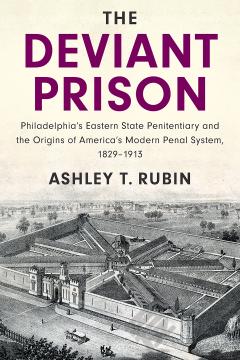

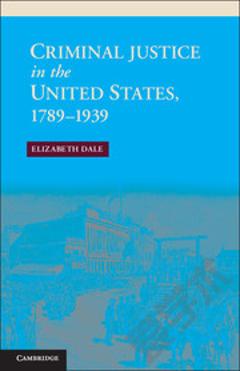
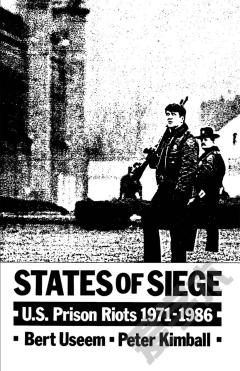
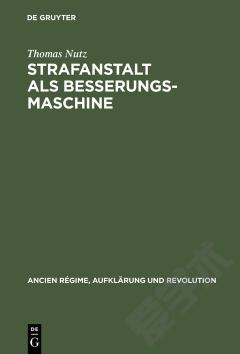
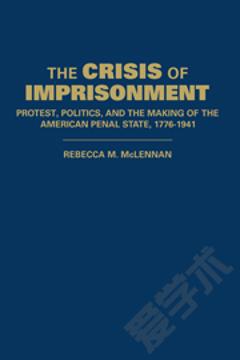

 京公网安备 11010802027623号
京公网安备 11010802027623号